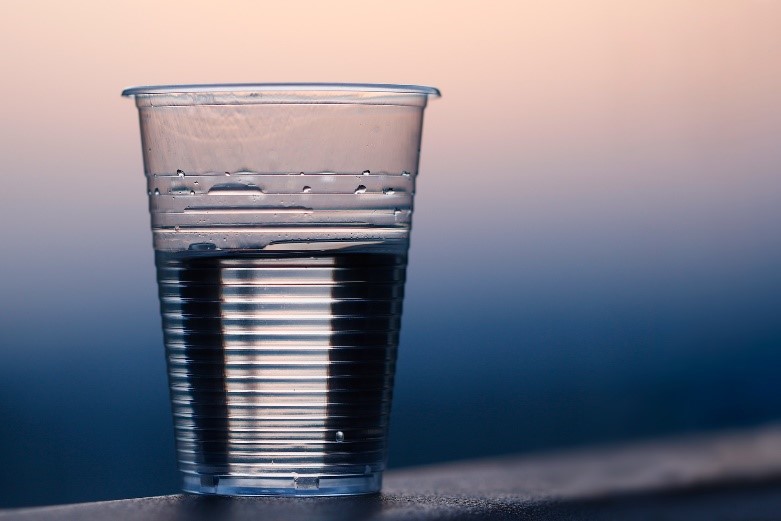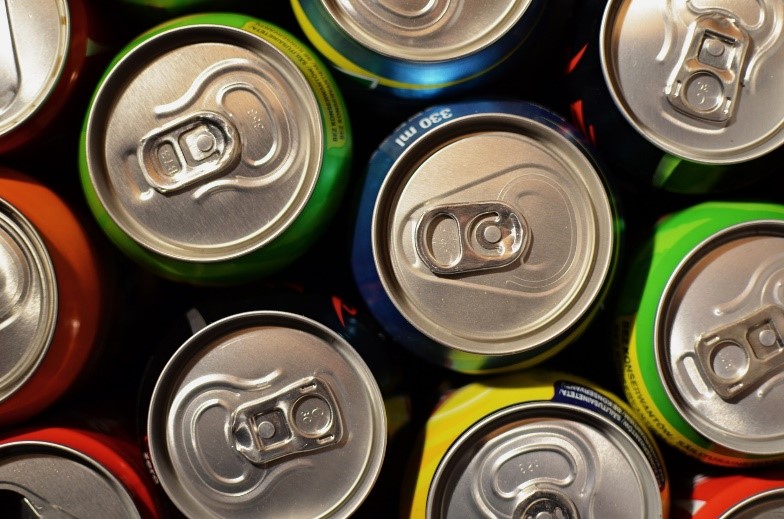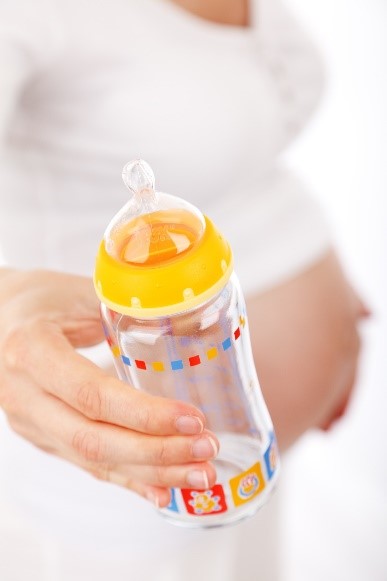
If you are a young parent or planning to be, you’ve probably heard about BPA and the health concerns surrounding it. However, many people aren’t aware of what BPA is and how it affects our everyday lives.
Today, we tackle some issues concerning BPA and its effects, especially in infants.
What is BPA?
Bisphenol – A is a synthetic organic compound used in the production of hard plastic, polycarbonates, sealants and some epoxy resins. It is a colorless and tough solid compound and it has found its uses in the production of plastic containers, bottles, food containers as well as an epoxy lining inside metal containers and water supply lines.
Also,
In the packaging industry, BPA has been commercially used since the 1950s.
BPA is widely used and you probably have it in your body right now!
 The ways BPA can enter in our systems are many but it is mainly introduced by being in contact with clear plastics and polycarbonates. These include packaging boxes, plastic water/beverage bottles, bottle tops, canned foods, dental fillings, electronic devices, medical equipment, CD’s, DVD’s and thermal paper.
The ways BPA can enter in our systems are many but it is mainly introduced by being in contact with clear plastics and polycarbonates. These include packaging boxes, plastic water/beverage bottles, bottle tops, canned foods, dental fillings, electronic devices, medical equipment, CD’s, DVD’s and thermal paper.
Important,
By volume, it is one of the highest-produced compounds in the world and it is estimated that 90% people have trace amounts of BPA in their bodies.
The exposure to Bisphenol-A is pervasive and widespread leading to many concerns about its effects on our health.
What are the possible effects of BPA on our health?
For a long time, the standing belief was that it was inert and safe-to-use substance. However, since 2008 concerns have been raised about the possible effects of BPA on human health.
Bisphenol – A is an organic compound that acts as a disruptor in the endocrine system especially as estrogen-imitating chemical. It can have profound effects in babies and infants. There are numerous studies that suggest link between higher BPA exposure and negative impact on human health.
Heart disease – One US study has linked it exposure to heart disease and diabetes.
Hormonal changes in men – This study has linked exposure to BPA to changes of the sex hormones in men.
Learning and memory – Researchers have linked BPA to damage in the brain cells, as well as adverse effects on memory and learning.
Asthma – A study suggests a link between BPA threshold and increasing asthma rates.
Apart from these conditions, increased exposure to Bisphenol-A has also been linked to diabetes type 2, decreased efficiency of chemotherapy and breast cancer in adults. Also, the FDA has expressed some concerns over its potential effects on the prostate glands in fetuses, young children and infants.
Children are more susceptible to BPA exposure!

Very young children and fetuses are more susceptible to Bisphenol-A exposure and its effect since their young and developing bodies can’t eliminate xenobiotics from their systems.
Xenobiotics are chemical substances found in the body, which we generally do not expect to be present. Babies who are fed with plastic bottles are most exposed to Bisphenol – A.
How do we avoid the exposure to BPA?
Even though we can’t completely eliminate our exposure to BPA, many consumer groups suggest different ways of tackling the issue.
- Avoid storing foods and beverages in plastic containers – instead of plastic containers use glass, ceramic, porcelain or stainless steel containers
- Use BPA-free plastics – More and more plastic manufacturers create labeled BPA-free products. If the product isn’t labeled, then beware that plastic products marked with recycle code 3 or 7 might contain Bisphenol-A.
- Do not heat foods or beverages in plastic – It is a bad idea to heat foot in polycarbonate containers as the high temperature might cause the plastic to break down and let Bisphenol-A seep into the food itself.
Use plastic containers for cold-storage only.
- When handling thermal paper, make sure to wash your hands – it is a good practice to thoroughly wash your hands after handling receipts.
However,
Consuming foods that are packed in BPA-free packages is one of the best ways to avoid the unnecessary exposure to BPA.
Final words on BPA
BPA is just one of the estrogen-imitating chemicals but its possible negative effects on human health and the normal development of small children should be always taken into account when using clear-plastic products.
*This website is for informational and entertainment purposes only and is not a substitute for medical advice, diagnosis or treatment. Please consult your physician whenever you plan to make significant changes in your diet.
